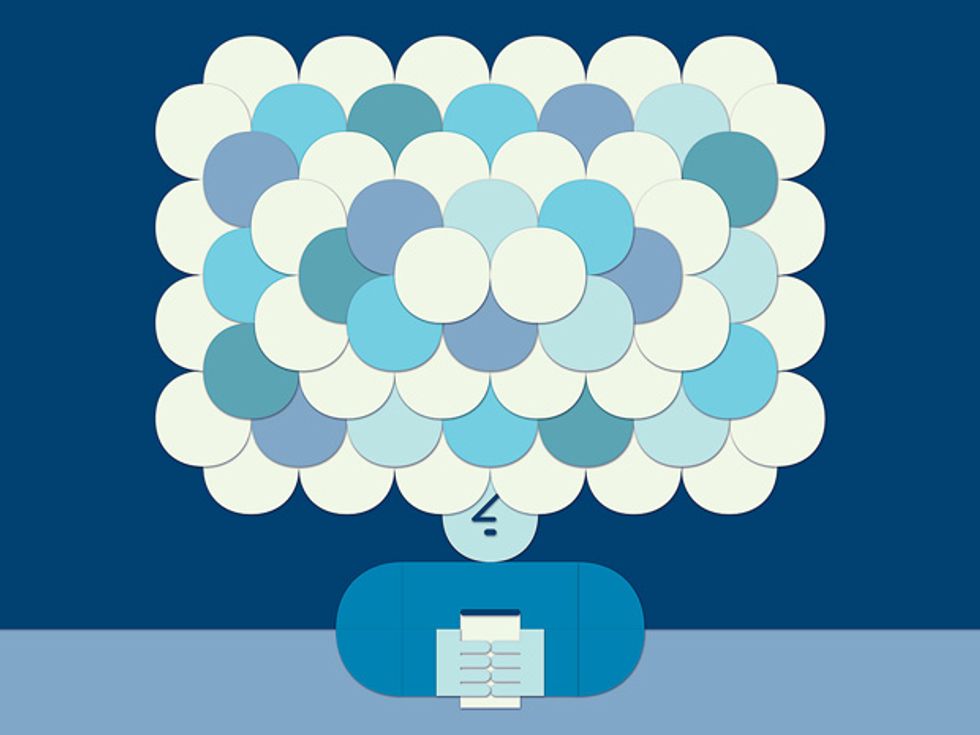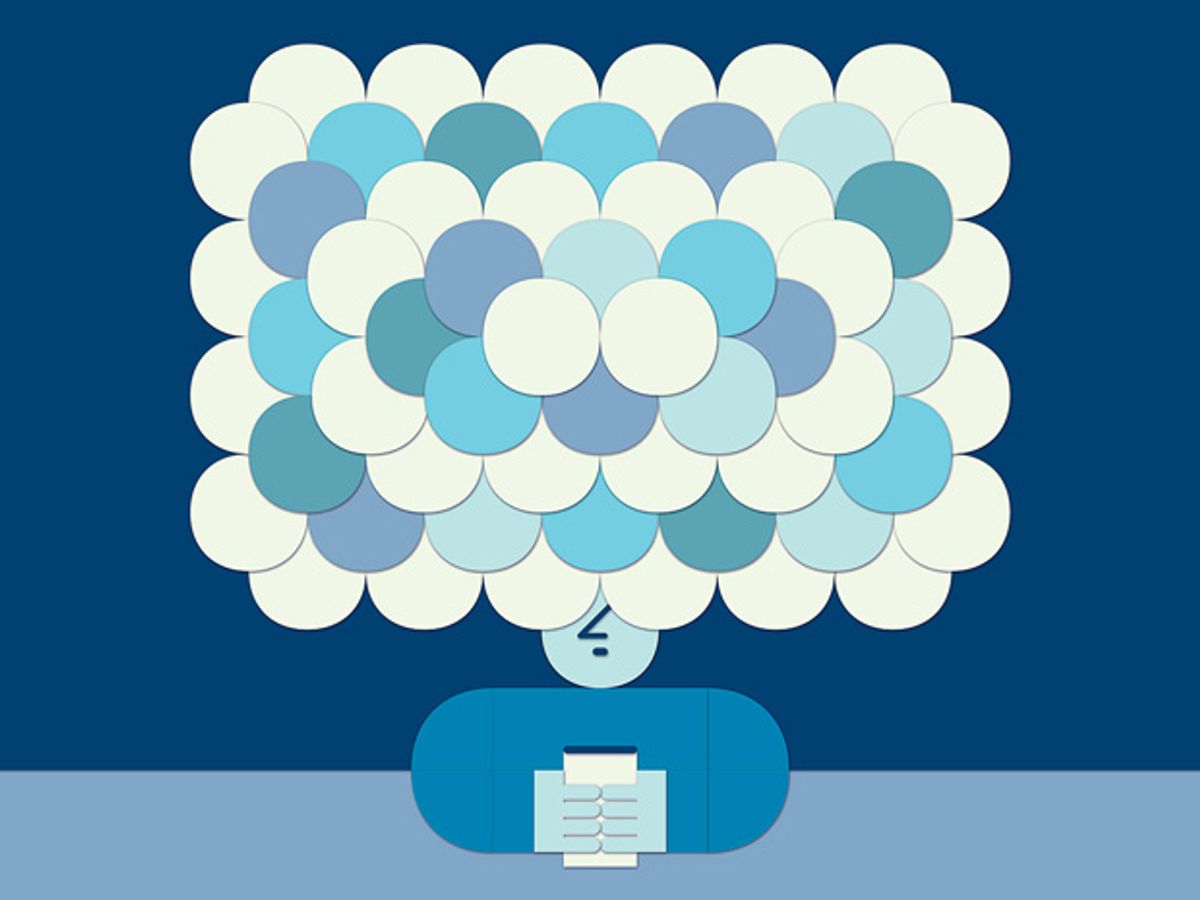Never before has connectivity offered us so many ways to disconnect.

In late 2010, New York Times technology columnist Nick Bilton had an epiphany of sorts: “I’ve started to notice that while technology allows us to connect to people far away, it can simultaneously disconnect us from people who may be directly in front of us.” Okay, perhaps epiphany is too strong a word for what might strike many of us as self-evident. So what did he do about it? “My wife and I have started to make a conscious effort to limit the use of our mobile phones during dinner or while spending time with family.” Note the use of the word limit here in place of, say, stop or ban.
I mention this not to rag on Mr. Bilton, who is an excellent columnist and observer, but to illustrate a problem. Our have-device-will-travel lifestyles are combining with sensor-filled cityscapes to create not only ubiquitous information but also ubiquitous distraction. Our devices are combining with our surroundings to create not only ambient connectivity but also compulsive connectivity. The result is the scourge of theft that I described in my June column. If smart people like Nick Bilton want to disconnect but can’t, what is to be done?
Disconnectionists advocate time away from online activities to facilitate mental or spiritual rejuvenation. For example, you could vacation at a retro retreat or a black-hole resort. I’m sure these are worthwhile diversions, but they’re prime examples of conspicuous austerity (spending large sums on goods and services that convey an image of simplicity). In any case, once you return from your digital Sabbath you’re faced with the same distractions. That’s okay, reply the digital detox disciples, because now your mind is relaxed and fresh, ready for the onslaught! Some tech-life balance.
Other people seek to remove distractions altogether. Some are creating Walden zones—rooms without computers or Internet connections. The novelist George R.R. Martin writes using a computer that doesn’t have Internet access. The critic Evgeny Morozov, an acknowledged distraction addict, purchased a safe with a timer that he uses to lock away his smartphone and Internet cable for days at a time. Too extreme? Perhaps you need some zenware, programs that deliberately hide onscreen distractions or block online time sucks. A distraction blinder is a utility that removes everything from the screen (including menus and toolbars) except for the program’s work area. An attention shield is similar, except that it blocks either all incoming online traffic or (if you need the Internet for work) specific sites, such as Facebook and Twitter.
The problem with solutions such as these is that they put you into a kind of parent-child relationship with yourself, where your conscientious self is the scolding parent and your addicted-to-Twitter self is the naughty child. Telling yourself to “go to your room” is not only weird but also remarkably unhelpful in the long run, because it doesn’t treat the underlying problem. So some folks are trying a different approach: contemplative computing. Using meditation and mindfulness techniques, they seek not enlightenment but awareness, mental discipline, and increased brain function. As one West Coast meditation teacher put it: “All the woo-woo mystical stuff, that’s really retrograde. This is about training the brain and stirring up the chemical soup inside.” Former Apple and Microsoft executive Linda Stone would have us go beyond all that and embrace conscious computing, where, through the use of tools to monitor telltales such as heart rate or by simply attending carefully to our mental and physical processes, we achieve a state of detachment from our devices and create a healthy distance from our data.
Will any of this help hyperconnected people such as Nick Bilton? I can’t say, but conscious computing seems like the right approach for the rest of us, at least. After all, our online messages, tweets, and posts are every bit as authentic as our off-line conversations, encounters, and books. The trick lies not in favoring one set of experiences over the other but in finding a personal balance between the two. And, yes, that probably includes not using your mobile device during dinner.
This article originally appeared in print as “Computing, Consciously.”
